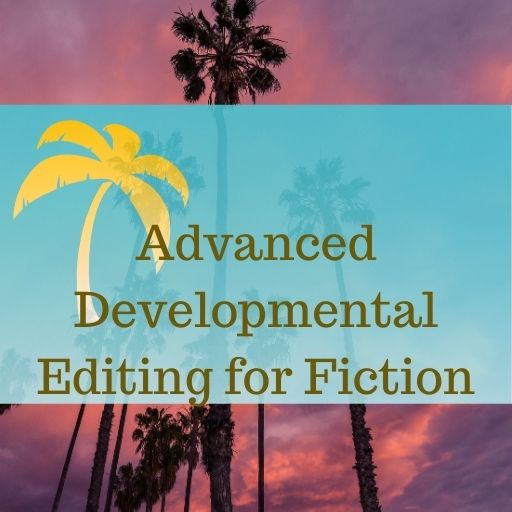Developing a Story Editor Attitude
Developing a story editor attitude is not about being right or wrong, but more of a subjective approach to helping authors create their best writing.
In story development/developmental editing, there’s really no such thing as being “right” about an issue. When you’re doing copyediting at least you can say, “Chicago recommends the use of the serial comma” to back up your edits, but with DE, we’re going on what is subjective judgment.
As with anything, some subjective judgment is more competent than others: if I have a collection of vague symptoms, I’m going to trust my doctor has a better idea of what’s going wrong with me than the guy across the hall who’s late for his acting lesson.
But this post isn’t about the client trusting you, it’s about you learning to give up being right. Here are some tips I’ve found helpful in developing a story editor attitude.

My Best Tips for Developing a Story Editor Attitude
1. Make a solid argument. Sometimes editors make a lot of assertions about a ms without really digging into why they feel that way. If you stop to make a good argument for what the problem is and why your solution will solve it, you’re more likely to notice if you don’t have any facts on your side.
2. Engage with other perspectives. I read other editors’ and writers’ information on writing and editing all the time in order to see what they’re saying about various issues we all encounter. I may disagree with someone’s take, but it helps me remember that we’re talking about issues of judgment, not right or wrong.
3. Talk with colleagues. This is a great way to do what I like to call “perspective surveying.” This can include anything from “So, what would you do if” types of questions asked in an online group you’re part of to being part of a book club that discusses a genre you edit.
4. Take in other storytelling styles. I teach and edit from a western perspective, where the quest storyline is the dominant way to tell a story. This is not the only way to tell a story, though. So, I try to read widely from other cultures to get a sense of what matters to others when telling a story. I don’t try to edit those other types of stories because I’m not competent in them, but they help me see the world is wide.
5. Let it go. Let go of the idea that dev editing is about “correcting” or “fixing” anything. That just leads you to a “there’s a right way to do this” mindset. Instead, think of your work as helping the story become truer to the author’s vision for it, or that your work is to be the readers’ proxy and show the author how to be more appealing to that reader. And then . . . let go of the idea that you will ever be right about anything.

Tips for Editors & Writers
-
Editing for Character Development
When you’re editing for character development, keep in mind that even small changes have ripple effects throughout the entire manuscript. So any changes you suggest need to be important, or else you’re asking the author to do a lot of work for little reward. For example, sometimes I’ll see editors suggest things like, “Hey, you…
-
Editing for Character Consistency
Because writing a novel manuscript takes place over a long period of time, character inconsistencies can crop up. Maybe in Chapter 1 the author says that Joe has never been in trouble with the law but in Chapter 12 he has a history as a felon. As the editor it can sometimes seem puzzling to…
-
10 Things a Developmental Editor Looks for in an Edit
A fiction editor looks for specific concerns in a manuscript. The following checklist can help you understand the basic story problems you may encounter as developmental editor. #1 Is this a type of genre fiction? If so, does it conform to genre requirements/expectations? If it is genre fiction but does not conform to expectations, is…
Join the Club!
New to story editing? Begin at the beginning.


